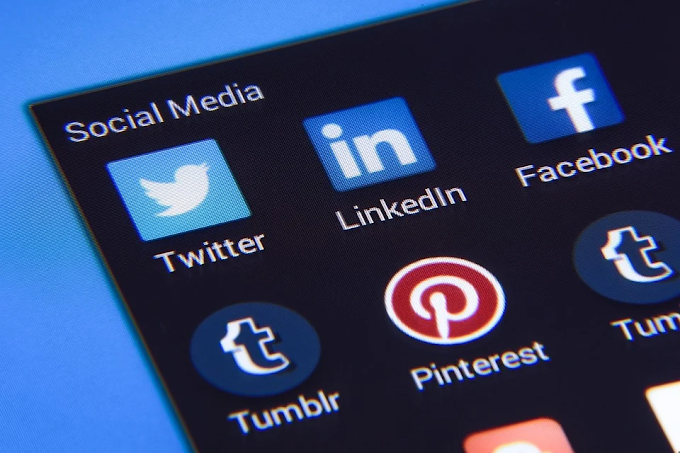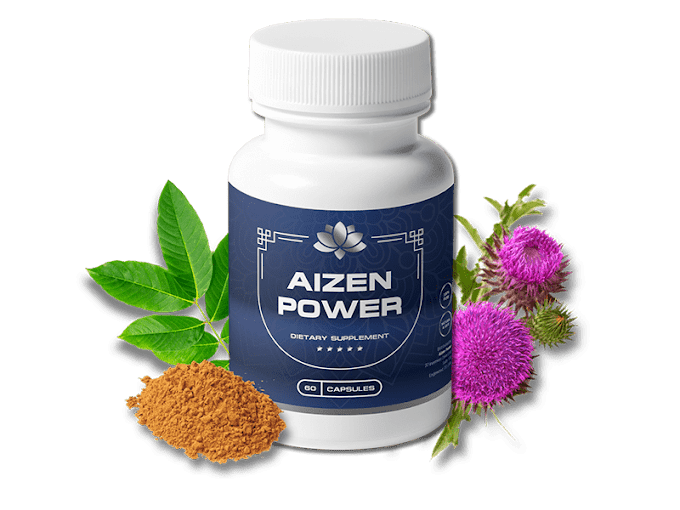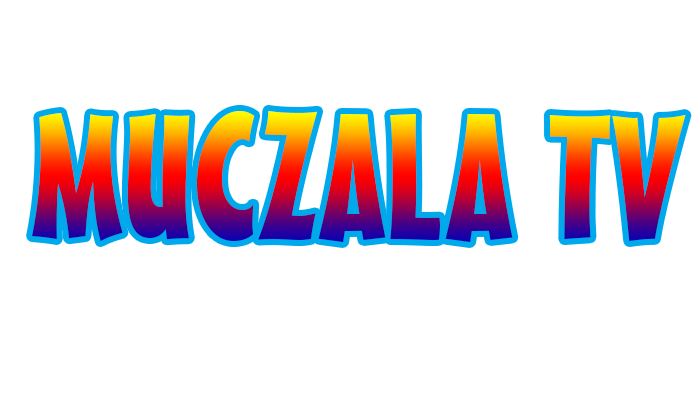Don't Buy Distilled Water. Save Money and Make It Yourself in 6 Easy Steps
How does it work?
Distilled water is the purest form of water you can find: simple hydrogen and oxygen, with 99.9 percent of other minerals, chemicals and contaminants removed. It is used in medical settings and for a variety of things in the home. If this sounds like your thing, don’t miss out on what could be one of the best ways to reduce your impact on our planet.
What does distilled water taste like?
The way people drink the most has changed dramatically over the past century—especially in places like China. While freshwater seems more available to the average person than ever before, it can also seem expensive—especially within the wealthier nations. The bottled water industry offers an alternative but there are some drawbacks. For instance, it may contain various additives that aren’t beneficial or that harm the customer’s health. So whether you’re ready to switch from bottled to tap water or if you prefer spring water, here are 6 ways to get yourself some clean, healthy water at home.
Why do I need good-quality purified water?
There are innumerable reasons why good quality water should come from well-run systems.
- Purified water removes pollutants from drinking water, such as lead from paints that run off when vehicles drive by. When this happens, the water loses its purity, leading to possible long-term damage to children’s brains.
- Filtrating water ensures that no germs will enter your body. This prevents bacterial growth and can prevent many illnesses, including dysentery.
- Filtered water is better for kids. Kids who live with dirty tap water are more likely to have diarrhea. Finally, there is evidence that water containing fluoride helps protect against bone problems, such as osteoporosis.
That said, Distilled Water Save Money any type of research needs to follow up. There’s not enough evidence to say definitely for sure which type of water will be best for everyone. But the potential benefits don’t stop there. According to The National Institutes of Health (NIH), “People are less likely to break a leg due to falls in public areas where they drink contaminated water.” A study published by Harvard University found that those exposed to tap water contaminated by fecal bacteria were less likely to experience diarrhea. Also, according to the NIH,
“When you're eating something hot or cold, it's actually part of the immune system’s natural defense mechanism to keep you alive...People who consume water that's been disinfected with chlorine reduce their chances of getting sick. What are these germs doing to stay healthy? They're keeping us alive."
Types of water with different qualities
Whether we like the look, taste, or smell of raw water, you don’t need to worry. You can choose to treat the water right away or let it sit in the refrigerator overnight.
Here are some examples from real life:
Spring water
Spring water is usually stored in a storage tank. Spring water tends to have higher concentrations of beneficial microorganisms, while darker colors and tastes indicate that the quality is poor. One of the first steps to finding a new source, however, is to determine what kind of water you drink every day. Is it the same color you use for your skin? Or do you have a favorite brand of shampoo you wash your hair with each time you go out? Then ask yourself: Is that water really safe for you? Are all the chemicals added safe? Will I be able to take care of my own family? Does that make me feel like I'm doing everything right, or is this just another case of giving up a chance at living a healthier lifestyle? Find out if it's worth it.
Tap water versus distilled water
As mentioned earlier, although both types of water have risks, distilled water may be safer for certain types of drinking. In fact, studies show that using tap water alone reduces hospital visits by 30%. However, be aware that there are several things that distinguish between these two types of water. As mentioned above, it can be very easy to confuse the two and end up wasting money. Some of the signs that you're overdrying include high prices for bottled water and an extremely low margin between cost and quality.
Tap water can have a much higher concentration of metals, pesticides, or heavy metal salts. With many locations closed due to COVID-19, bottled water often doesn't provide up to the necessary levels for human consumption. Plus, because of its high price tag, bottled water is often not available in large amounts to meet demand. To make matters worse, most bottled water companies add extras to increase profits. These extras are typically unnecessary chemicals. Even the cheapest water can make your home water supply considerably less effective and unsafe for both humans and aquatic wildlife. Thus, always check the label for ingredients.
Cream
Although it is sometimes sold under "clear" and "filtered," cream water is generally treated under standard treatment standards. Because cream water tends to have smaller concentrations of impurities, it is considered to be cleaner in addition to being tastier. Although creams come in varying strengths, white creams are usually among the lighter liquids. Black creams tend to have stronger flavors, making them easier to find.
If cream water's flavor or scent leaves you concerned, try adding lemon or lime juice to improve the flavor. Be careful though: Overdoing lemon and lime is toxic and can cause stomach ulcers and even death. Drinking too much can cause nausea and vomiting as well.
Spring water
Spring water is commonly called potable water for a reason: It's clear and relatively inexpensive. By far, the greatest drawback of spring water is that it can be difficult to find. Since spring water is made and distributed by municipal water agencies, it can be highly regulated. Not only that, but city regulations change regularly so that spring water products may become less appealing than previous ones. In general, when planning to buy or rent a house or apartment, research state laws pertaining to the availability of spring water.
Many states now require new wells to install filters and restrict the use of old systems. Most municipalities offer incentives for homeowners to use city water. Other than that, spring water is pretty cheap. Depending on your location, it can range from $0.50- $0.80 per liter.
Tap water
For those looking to save money by spending less on water, some cities are creating special programs to help customers. Among them: Reducing costs (particularly for small businesses) and supporting rural residents. Tap water providers can serve households as well as businesses. In contrast, bottled water is purchased from centralized stores which means there's little choice. On top of that, because of bottling systems and packaging, the quality and safety of the delivered product could vary. That being said, as a side effect, these bottled waters may contain harmful substances.
How can I safely use tap water?
Water quality is important, regardless of how much you pay for it. After all, proper hygiene is important for both human health and the environment. To be effective at preventing illness from bacteria, viruses, fungi, protozoa, or parasites, tap water should be cleaned thoroughly with appropriate disinfectants. Another option would be to put your hands into a cup that contains sterile water. Just be wary of touching anything else; it can harbor bacteria. Lastly, make sure that you wash your hands after changing or cleaning the bathroom and shower. Remember, washing hands is an excellent way to cut down on bacteria.







